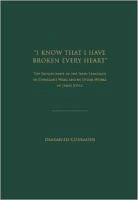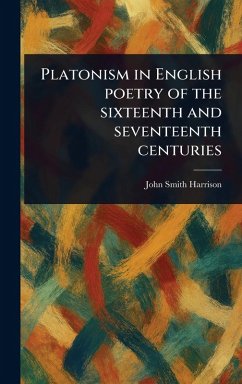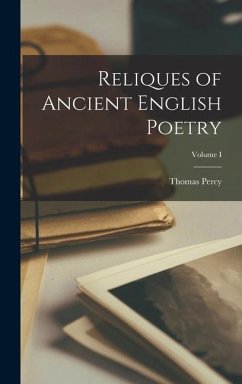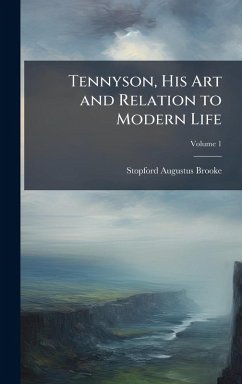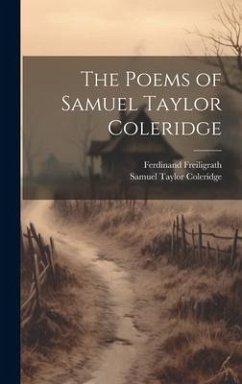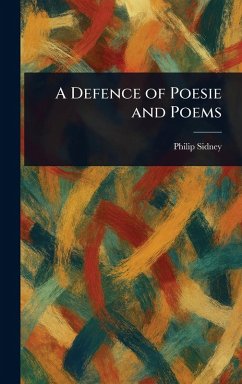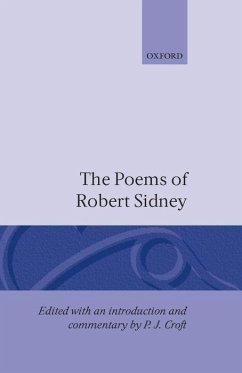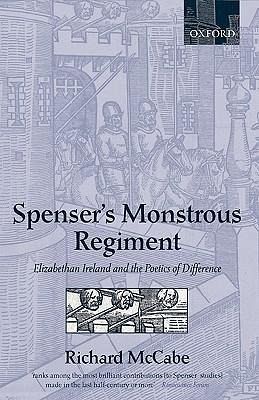
Spenser's Monstrous Regiment
Elizabethan Ireland and the Poetics of Difference

PAYBACK Punkte
98 °P sammeln!
His creation of an 'English' myth of origin coincided uneasily with the attempted discrediting of its Gaelic counterpart, as formulated, for example, in the Lebor Gabala Erenn. A View is therefore drawn to concede the fictive nature of the myth of origin upon which The Faerie Queene relies but without recognising, or admitting, the logical implications of this concession. If Spenser's 'faerie' race is intended to function as a metaphor for the successful assimilation of Briton, Saxon, Angle and Norman into a unified 'English' people, the opposite process of cultural assimilation operative in Ireland (regarded by Spenser as a process of racial degeneration) challenges the validity of that metaphor and the integrity of all political 'myth'.
Spenser's Monstrous Regiment is a stimulating and scholarly account of how the experience of living and writing in Ireland qualified Spenser's attitude towards female "regiment" and challenged his notions of English nationhood. Including a trenchant discussion of the influence of colonialism upon the structure, themes, imagery, and language of Spenser's poetry, this is the first major study of Spenser's canon to engage with primary Gaelic materials in its assessment of his relationship with native Irish and Old English culture.






